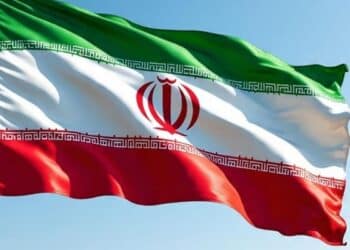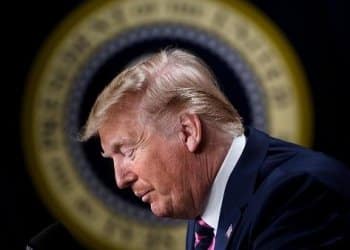Former Vice President Atiku Abubakar said he stands resolutely by the Nigeria Union of Journalists (NUJ), the Nigerian Guild of Editors (NGE) and the Newspaper Proprietors’ Association of Nigeria (NPAN) on the campaign against information blackout as represented by the NPC and NBC (Media) Act amendment Bills.
Atiku emphasised that “Freedom of the press and access to information is the oxygen of democracy and must never be compromised.”
Several newspapers in Nigeria on Monday published an advertorial against media regulations bills being considered at the National Assembly.
The advertorial, which appeared on the front pages of dailies such as Punch, Vanguard, The Nation, ThisDay, Guardian, Daily Sun, was sponsored by the Nigeria Union of Journalists, the Nigerian Guild of Editors and the Newspaper Proprietors’ Association of Nigeria.
With a bold headline titled ‘Information Blackout’, the advertorial said the NPC and NBC (Media) Act amendment bills being considered by federal lawmakers was geared against the right of citizens information.
“It’s not just against the media,” the advertorial said. “It is about society’s right to know, your right to be heard.”
The bills, which are already at the public hearing stage, are being sponsored by Olusegun Odebunmi, Chairman of the House of Representatives Committee on Information, National Orientation, Ethics and Values.
Debate on the bill comes as the Federal Government moves to tighten regulation on social media after suspending Twitter over national security concerns.
Meanwhile, Mr Odebunmi has said his bill to amend the Nigerian Press Council act is not designed to gag the media.
“Most of the people commenting on the bill have no knowledge of it,” he said recently, as reported by Vanguard newspaper.
“The bill was not sponsored by Federal Government, even the Minister of Information was only aware a few days to presentation and he did not have any input on the bill.
“It is my idea because I feel we should not wait for a supreme court judgment to do what is right by amending the existing controversial law.”









